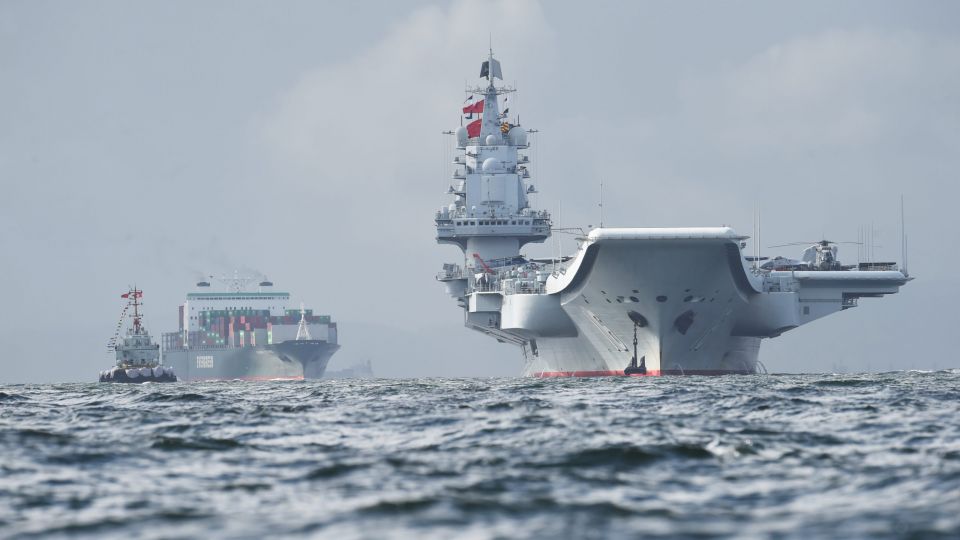March 5, 2018
Xi Jinping has called for reform of party and state institutions to facilitates China’s ascendency, weeks after proposals were put forth to make him president for life.
Xi, the general secretary of the Communist Party of China Central Committee, made the remark while meeting with representatives of non-Communist parties, according to the China Daily.
During the meetings, the CPC Central Committee discussed its decision and plan for deepening reform of Party and State institutions as well as the lists of candidates for State leaders and leaders for the top political advisory body.
In his speech, Xi said that the Party and State institutions should be reformed continuously along with economic development, social progress and the improvement of the people’s livelihoods.
Reform will not reach a point in which it is finished, but should be adjusted from time to time, Xi said.
While it is unclear what those reforms should entail, Xi’s government has increased its profile overseas while tightening security at home.
Beijing has created one of the most comprehensive surveillance states in modern history.
From increasing China’s internet security and monitoring capabilities to creating a large database of its citizens to be added to its pioneering facial recognition technology, China’s government has increasingly resorted to modern spying methods to ensure its own security.
Xi’s government also launched an unprecedented anti-corruption crackdown on its own officials, calling corruption the biggest threat to the communist party’s existence.
The central party has increased its influence overseas both on territories claimed by Beijing including installing friendly regimes in Hong Kong and Macau and erstwhile enemies courting populist leaders in like Hun Sen in Cambodia and Duterte in the Philippines.
Xi’s Belt and Road Initiative has ensured that China is at the center of a global initiative, one with far-reaching implications. The initiative has gathered support as far as central Africa and Beijing has actively courted various members of the European Union.
But while diplomacy and capital may be the image Xi and China wants to present to the world, analysts point to China’s increasing military spending as signs that the middle kingdom is ready to be more assertive on the global stage.
China raised its defense budget by 8.1 percent in 2018 to $175 billion US. This includes the development of new fighter jets and bombers and two aircraft carriers to spearhead the country’s new blue-water navy.
All these reforms were started under Xi’s watch, and with recent moves by the party to make Xi the president for life, looks set to be completed by him.


